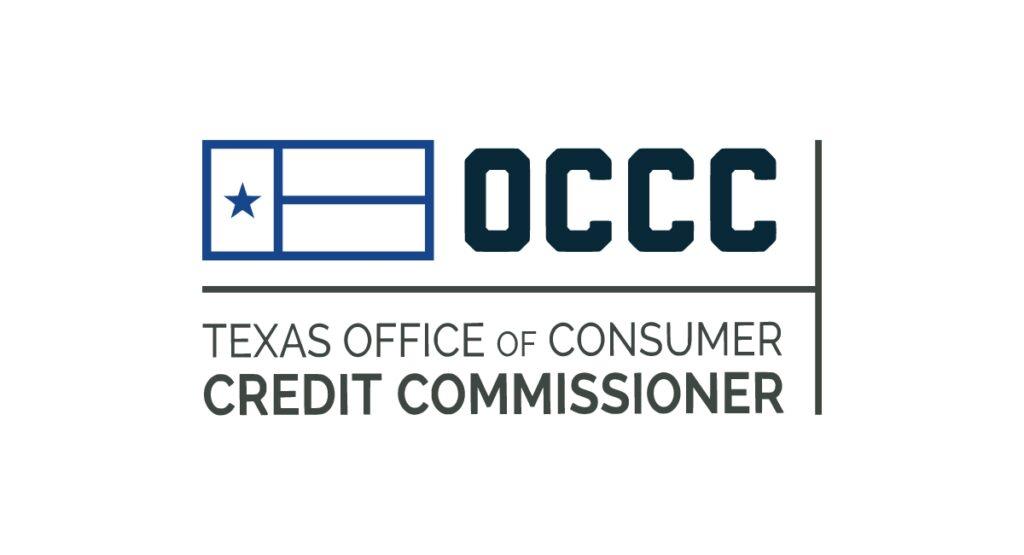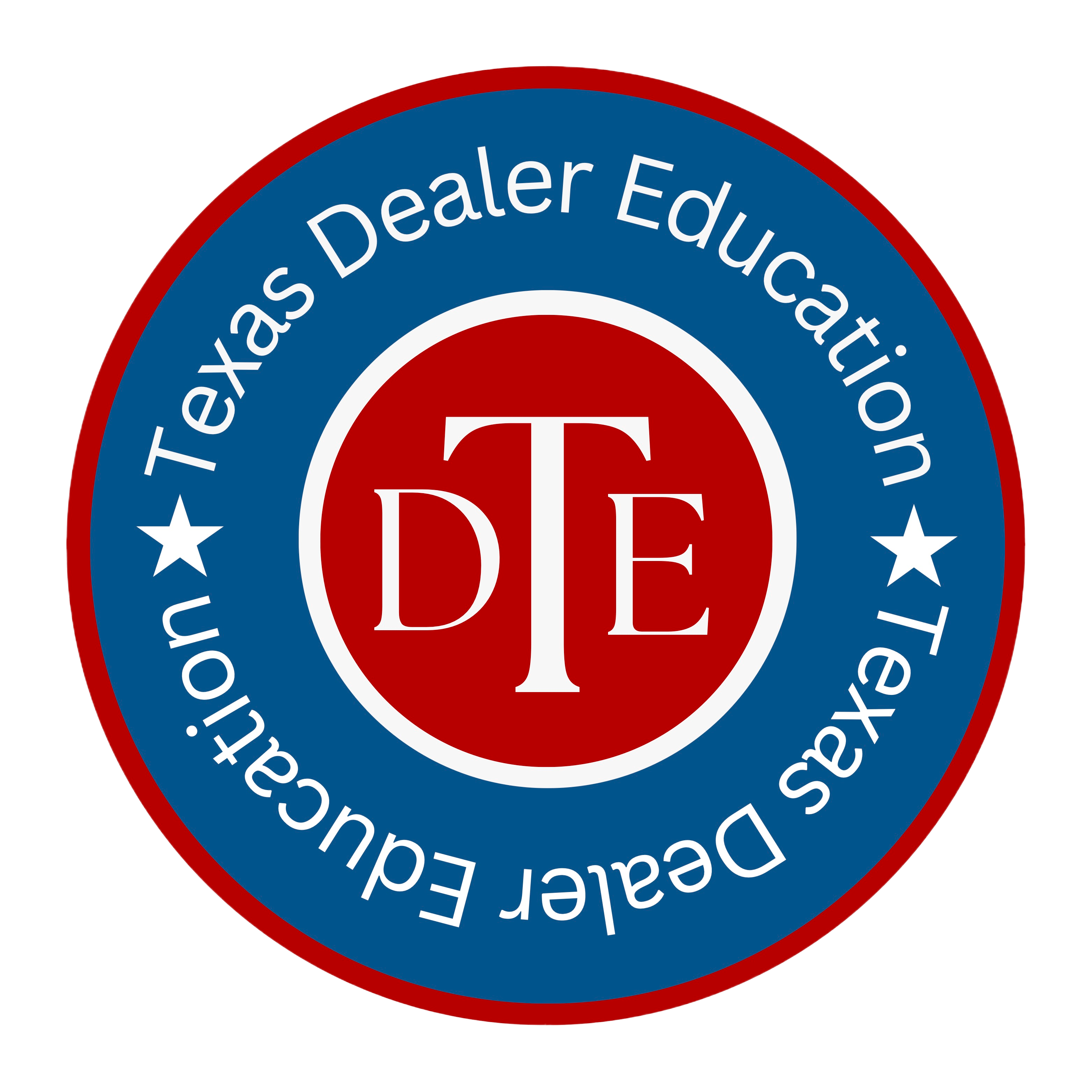Regulations: OCCC (Part 2)

The following terms are used for the purposes of this course and for this industry.
Cash dealer. This is someone who sells to customers who already have their own financing. There is no retail installment contract associated with this type of deal.
The customer may be paying in true cash, via check or money order, or via bank draft whereby the dealer will receive the funds for the purchase of the vehicle upon evidence of the title application being made with the lien recorded.
Retail or point-of-sale dealer. In our industry this term is used to refer to any dealer who doesn’t offer in-house financing (or buy-here pay-here). So that includes the traditional car dealer model most people are familiar with. Obviously, they take cash sales, but they also arrange financing whereby the customer will apply for credit with the dealership and the dealer will shop that contract around trying to find someone to buy the deal. Importantly, the retail installment contract is between the dealer and the customer. The dealer is the one who originates the contract.
Buy-here pay-here dealer. Finances the transaction in house and holds the paper. In this instance the dealer is both the originator and the holder. And therefore, he is subject to all the regulations of both those types. Buy-here pay-here is a complex, cash intensive business model, make sure you fully understand that business model and the rules and regulations before getting into the buy-here pay-here business. This particular course will touch on a few of the HIGH POINTS with buy-here pay-here compliance.
What Can Go Wrong When Financing the Sale of A Vehicle
So, financing the sale of a vehicle. What could go wrong?
The top issues found by the OCCC for independent dealers are grouped into four categories below, including:
- Incorrect retail installment contract usage
- Unauthorized itemized charges on the contract
- Incorrect fees
- And a myriad of buy-here pay-here issues
Some of these are a bit complex so let’s look at each one individually.
Incorrect Retail Installment Contract Usage
Incorrect retail installment contract usage.
This is the inappropriate usage of a contract for a specific transaction type which can result in excessive finance charges.
There are three allowable methods for calculating a finance charge. They are:
- The add-on method
- The scheduled installment earnings method
- And the true daily earnings method
We’re not going to get into the details of financing. But you should be aware of the various ways that finance charges may be calculated and ensure that your DMS is utilizing the right contract type for the transaction.
Other issues involve using a contract that doesn’t contain the most recent versions of required disclosures. Keep in mind, as we mentioned earlier, a bill of sale cannot function as a retail installment contract.
Additionally, there are tax advanced scenarios and tax deferred scenarios. A buy-here pay-here dealer may utilize deferred sales tax.
Unauthorized Itemized Charges on the Contract
Next we have unauthorized, itemized charges on the contract. First, let’s take a look at what IS authorized:
- Your title, license, registration and eTAG fees
- Motor vehicle sales tax
- Special inventory tax (or SIT)
- Inspection fee
- Doc fee
- Certain types of insurance
- And service contracts.
Now keep in mind that many of these items are allowable only if certain conditions are met. For example:
- The doc fee requires certain up-to-date disclosures in order to be charged in any amount
- Deputy fees CAN be authorized, but only for the specific deputy fee that is appropriate. A full-service deputy, for instance, must be deputized by the Tax Assessor Collector and must post a bond payable to the Tax Assessor Collector.
The OCCC takes the position that ALL OTHER ITEMIZED CHARGES are not allowed on the retail installment contract.
Incorrect Fees
The next category of violations revolves around incorrect fees. Here are some common errors:
- Title and registration fees. As we mentioned earlier, you must not exceed what the county actually collects. You may not mark these items up to make a profit.
- Vehicle safety inspection fees. These are allowable but must be actual expenses you incurred that you are passing through, and your receipts must be retained.
- Documentary fee. A doc fee can go all the way up to $150.
As a side note, you may actually charge more than $150 for a doc fee, but you must provide documentation to the OCCC’s satisfaction that the amount above $150 is indeed acceptable. You can do this on the OCCC website.
Beware of phantom charges. This is a category for violations involving charging customers for products or services that are not ACTUAL tangible products, services or policies
Other Buy-Here Pay-Here Issues
And finally, we have other buy-here, pay-here dealer issues.
Here are some additional buy-here pay-here issues that may arise.
- Repossession without a valid security interest.
- Failure to send notice before disposition.
- Unauthorized collections and/or repo fees.
After repossession you are required to send either a notice of private sale or of strict foreclosure, except in the event of a voluntary return. There’s a lot of complexity in this area so make sure you fully understand repossessions prior to getting in the seller finance business.
Collections are considered to be the cost of doing business and may not be passed on to the customer. A repossession fee CAN be charged back to the customer. But it is only authorized if it’s an ACTUAL OUT OF POCKET EXPENSE charged by a third party and the repossession actually occurs.
